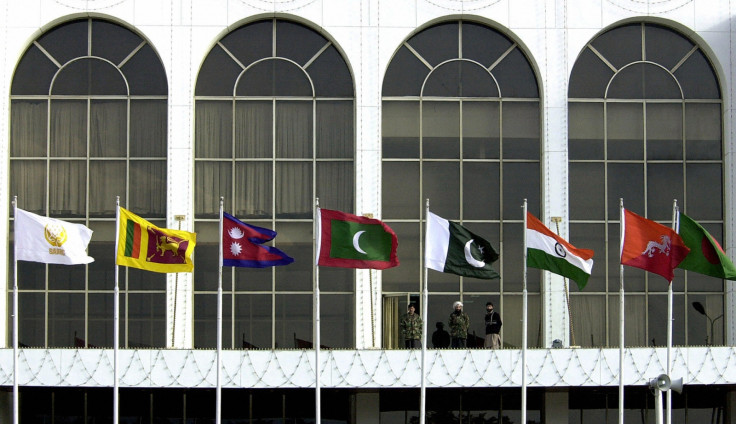Pakistan mulling regional alliance to challenge India's influence
The new grouping could include China and Iran as India-Pakistan ties remain strained.

Pakistan is mulling a large regional alliance comprising China and Iran in order to counter the narrative of rival neighbour India on key geopolitical matters. The recent snub over the cancellation of the South Asian Association for Regional Cooperation (Saarc) summit, under the auspices of New Delhi, has forced Islamabad to rethink its strategies.
Saarc, a loosely aligned regional bloc of eight nations, was scheduled to hold a summit meeting in Islamabad in November 2016. But, when India said it would boycott the meeting due to the ongoing tensions with Pakistan, other nations rallied behind India leading to indefinite postponement of the summit. Saarc, a relatively inactive group, has India, Pakistan, Sri Lanka, Nepal, Bangladesh, Maldives, Afghanistan and Bhutan as its members.
"A greater South Asia is already emerging. This greater South Asia includes China, Iran and the neighbouring Central Asian republics," Pakistani lawmaker Mushahid Hussain told reporters. Representatives of the Pakistani government were on a US trip when they came up with the idea, but the contours are yet to take shape. The Pakistani politician added India would be invited to join the regional alliance if New Delhi was willing to participate.
Relations between India and Pakistan are passing through one of the worst phases with multiple incidents straining the ties.
The attack on an Indian army base in Kashmir's Uri on 18 September killing 19 soldiers proved to be the turning point with New Delhi accusing Islamabad and its forces of indirectly abetting the onslaught. This has been strongly denied by the Pakistani military and civilian leaderships.
"Apparently, the showdown forced Pakistan to conclude that in its present shape, Saarc will always be dominated by India. That's why they are now talking about a greater South Asia," a senior Pakistani diplomat told the daily Dawn.
© Copyright IBTimes 2024. All rights reserved.






